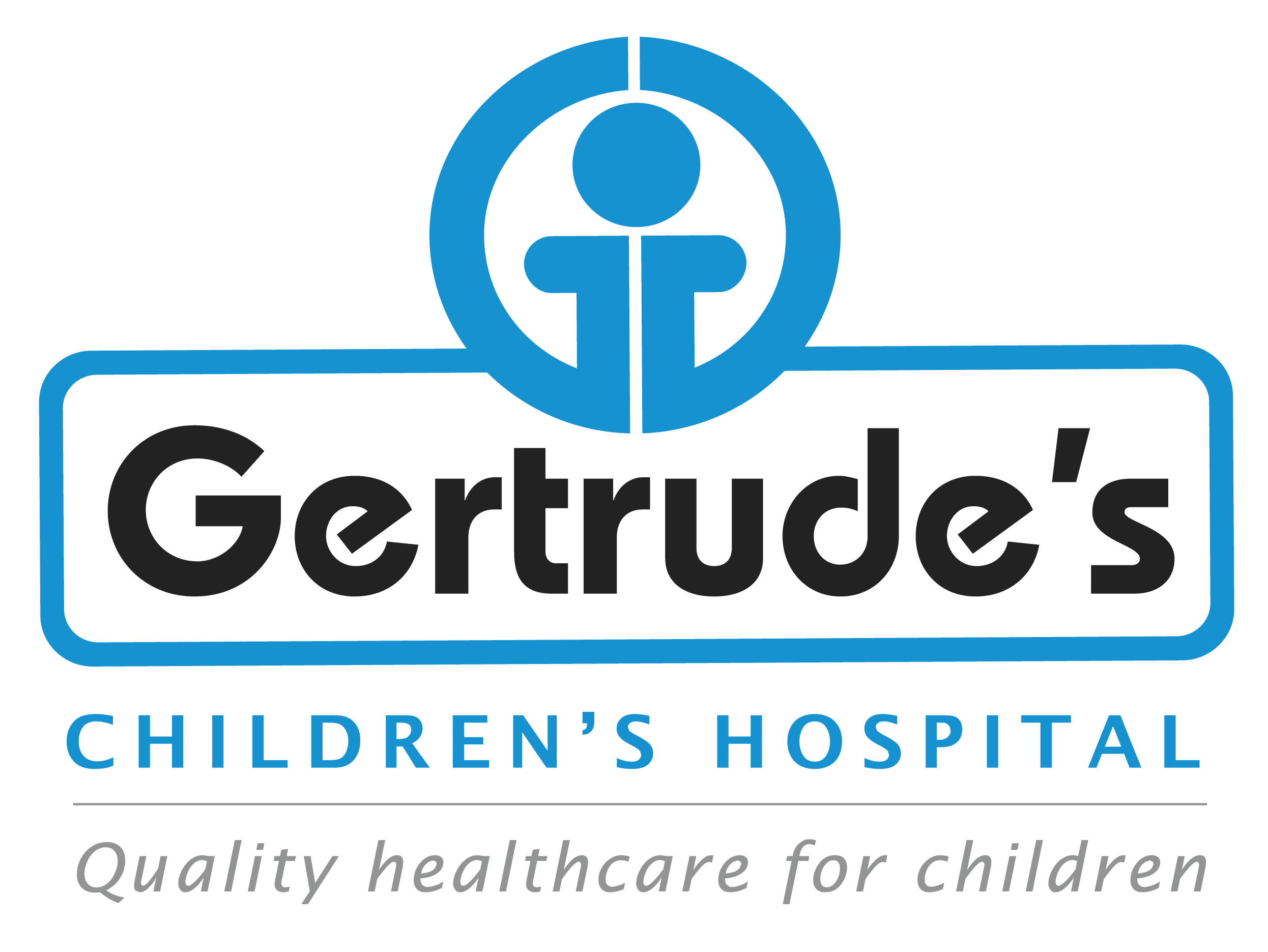Folate deficiency anemia is a type of anemia that occurs when the body does not have enough folate, a B vitamin that is essential for the production of red blood cells. Folate deficiency anemia is a common condition that can affect anyone, but it is more common in people who are pregnant, breastfeeding, or have a poor diet.
Symptoms
- Fatigue or weakness
- Pale skin
- Shortness of breath
- Headaches
- Dizziness or lightheadedness
- Cold hands and feet
- Hair loss
- Mouth sores
Causes
- Poor diet: Folate is found in leafy green vegetables, legumes, and whole grains. A diet that is lacking in these foods can lead to a folate deficiency.
- Pregnancy and breastfeeding: Folate is essential for fetal development during pregnancy, and breastfeeding can also increase the demand for folate.
- Certain medical conditions: Conditions such as celiac disease, Crohn’s disease, and ulcerative colitis can interfere with the absorption of folate.
- Medications: Certain medications, such as anticonvulsants and sulfonamides, can interfere with folate absorption.
Diagnosis
- Blood tests to check for low levels of folate and red blood cells
- Physical exam and medical history
- Dietary assessment to evaluate folate intake
Treatment Options
- Folate supplements: Taking folate supplements can help to increase folate levels and alleviate symptoms.
- Dietary changes: Increasing folate intake through dietary changes, such as eating more leafy green vegetables and whole grains.
- Addressing underlying medical conditions: Treating underlying medical conditions, such as celiac disease or Crohn’s disease, can help to improve folate absorption.
Why Choose Us
Expert team
Our pediatric specialists have extensive experience in treating children.
Personalized care
We create treatment plans that fit each child’s unique needs
Support and education
We teach children and families how to care for them and prevent future cases
Advanced treatments
Access to the latest treatments and products
Frequently Asked Questions
Q: What is the difference between folate deficiency anemia and other types of anemia?
A: Folate deficiency anemia is a specific type of anemia that is caused by a lack of folate in the diet. Other types of anemia, such as iron deficiency anemia, are caused by different nutrient deficiencies.
Q: Can folate deficiency anemia be prevented?
A: Yes, folate deficiency anemia can be prevented by eating a diet that is rich in folate, taking folate supplements, and addressing underlying medical conditions.
Q: How can I increase my folate intake?
A: You can increase your folate intake by eating more leafy green vegetables, legumes, and whole grains. You can also take folate supplements, but it’s always best to consult with a healthcare professional before starting any new supplements.
Contact
Please feel free to contact us with any general or medical enquiry by calling us.





